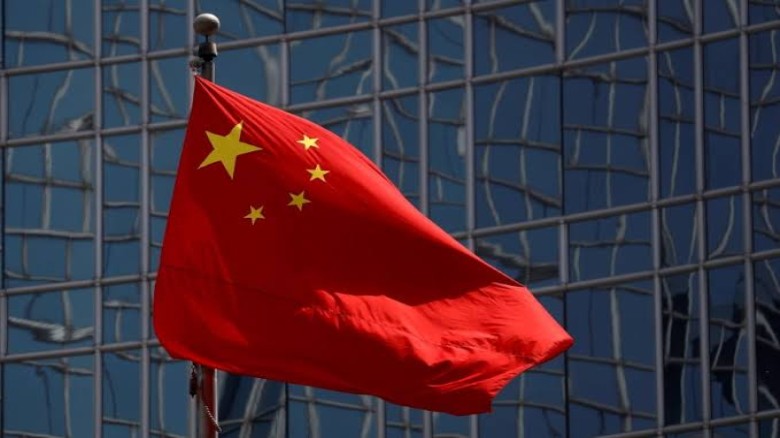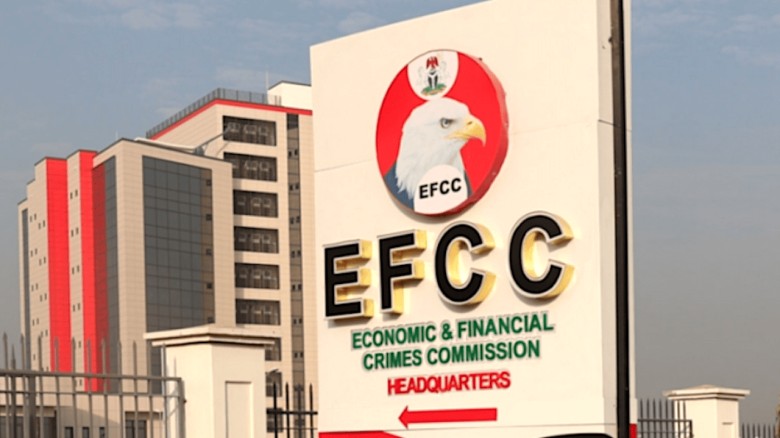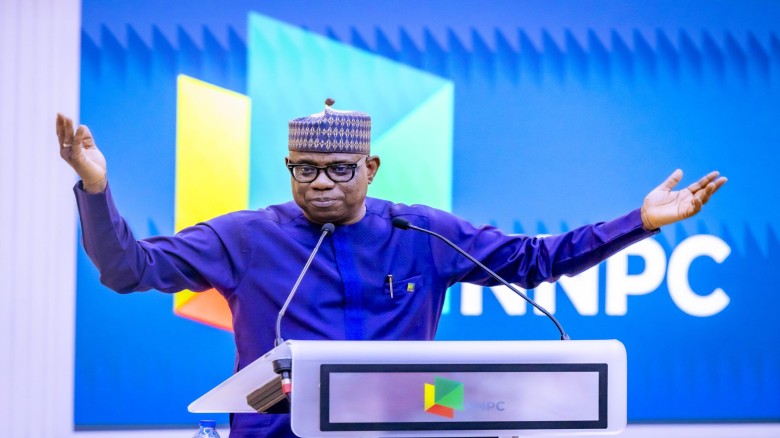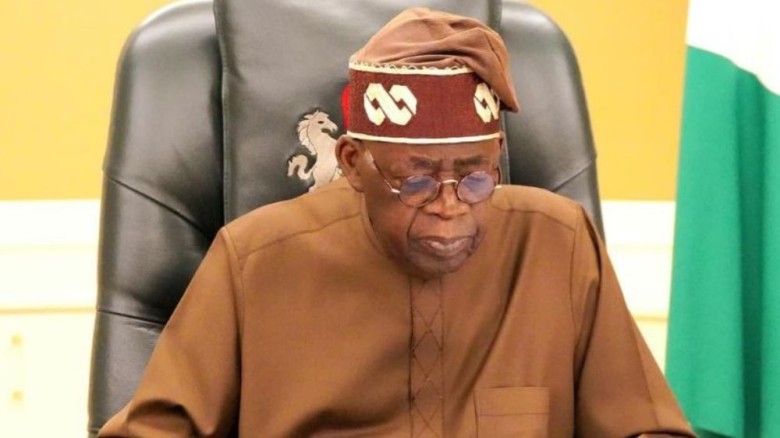IMF urges enhanced tax efficiency in Nigeria, others
On Wednesday, the IMF urged Nigeria and other African countries to improve their tax systems so that they are more effective, egalitarian, and progressive.Davide Furceri, Director of the Fiscal Affairs Department, made the announcement during a media conference at the IMF/World Bank Annual Meetings in Washington, emphasizing the importance of stronger revenue mobilization techniques to meet mounting fiscal deficits.
Both Nigeria's Finance Minister, Wale Edun, and IMF Managing Director Kristalina Georgieva highlighted a need to increase Africa's economic resilience, particularly in light of geopolitical risks, high borrowing costs, and continued inflation.
The IMF underlined the need of timely budgetary changes and using technology to promote regional governance.
Davide Furceri stated that many countries, including Nigeria, have extremely low revenue-to-GDP ratios, with Nigeria's at barely 10%. This low ratio inhibits the government's ability to invest in development and manage debt in a sustainable manner, making it critical for Nigeria to improve its revenue mobilization efforts.
Furceri stated that "revenue mobilisation is essential, and it should focus on making the tax system more efficient, equitable, and progressive." Policies aimed at broadening the revenue base and reducing informalities can help address these issues.
Furceri expressed concern about the mounting debt payment demands of several low-income countries in the region, pointing out that debt service presently accounts for around 15% of revenue.
This condition drastically lowers the fiscal space available for critical investments in infrastructure, education, and healthcare, impeding overall development progress.
"The difficulty is that a significant portion of the money is used to finance debt, limiting these governments' ability to invest in growth-enhancing programs. Addressing this requires improved revenue collection and debt management systems," he noted.
In addressing these issues, Furceri emphasized the IMF's dedication to assisting African economies through policy advising, capacity building, and financial assistance.
He stated that during the last four years, the IMF has committed $60 billion to African countries while also giving technical assistance to strengthen public financial management and address climate change challenges.
Furceri stated, "The IMF, as in previous years and as always, has provided important advise to nations, ranging from policy support to funding support. To put it simply, African economies have received over $60 billion in investment over the last four years to help them overcome their challenges.
"The IMF is also providing a variety of capacity development to support, for example, increase public finance management, improve taxation, revenue mobilisation, as well as new areas that are developing that are becoming more and more important, such as climate change."
Vitor Gaspar, Director of the IMF's Fiscal Affairs Department, underlined at the media briefing that delaying critical fiscal changes in the region could stymie development and raise public debt levels.
Gaspar stated, "Delaying adjustment is costly, particularly in Sub-Saharan Africa. I would say that creating budgetary space is critical not only for limiting public debt, but also for allowing the state to fully participate in development, which is, of course, a regional goal."
He emphasized that fiscal modifications must be decisive, well-designed, and properly articulated in order to maintain public trust and support.
He stressed that countries should not put off changes, especially because several in the area have low revenue-to-GDP ratios and rising debt servicing loads.
Gaspar emphasized that changes were critical for long-term stability and growth, saying, "Fiscal adjustment should be timely, decisive, well-designed, and effectively communicated."
In the announcement, Edun and Georgieva stated, "Together, we are committed to strengthening Africa's resilience to address the continent's numerous challenges." The region's policy priorities include securing economic recovery, addressing imbalances, and facilitating development-focused investment.In nations where inflationary pressures are subsiding and inflation is approaching target, there is room to progressively shift toward a more neutral attitude in close coordination with other policies.
"In countries where inflation is elevated, more tightening may be warranted. The currency rate, where appropriate, should be allowed to act as a shock absorber, minimizing the second-round impacts of depreciation. Fiscal policy must strike the appropriate balance to handle debt risks and spending pressures.
"Renewed focus on enhancing domestic resource mobilisation is critical and it should be supported by governance reforms to improve public financial management, fiscal transparency, and enhance accountability."
They stated, "We appreciate the IMF and World Bank's Joint Domestic Resource Mobilisation Initiative (JDRMI), which aims to strengthen domestic revenue mobilisation, improve spending efficiency, and build domestic financial markets.
"We support a collaborative effort to channel more affordable funding for development, including climate change adaptation and mitigation. The urgent need for increased concessional funding for Africa requires the participation of all stakeholders.
"The recently authorized Review of the Poverty Reduction and Growth Trust (PRGT) permits the Fund to continue providing adequate financial support to low-income countries while maintaining the Trust's self-sustainability. The review of charges and the surcharge policy has significantly lowered borrowing costs.
























Leave A Comment